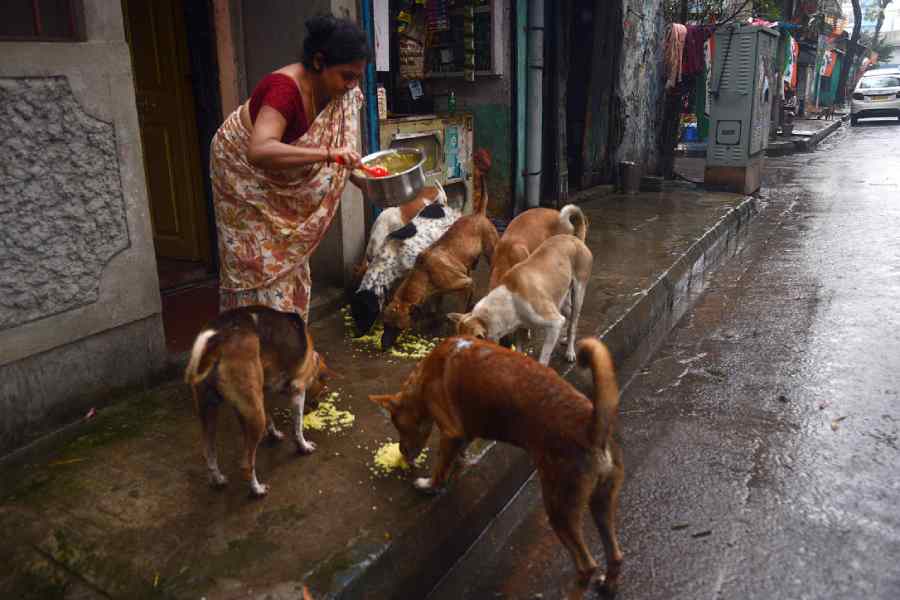M.K. Gandhi believed that the greatness of a nation and its moral progress can be judged by the way its animals are treated. Globally, anti-cruelty laws go well beyond prohibiting the beating and injuring of animals and the like and impose affirmative duties on people with animals in their care. There are several international obligations recognising freedoms to animals, with the Brambell Report of 1965 underlining Five Freedoms being one example.
Protection of animals is a fundamental principle in the Indian Constitution. Article 21, in its expansive sense, accords the right to life to all species. The Prevention of Cruelty to Animals Act (1960) is a legislation that embodies the spirit of a law in favour of animal welfare. Rukmini Devi Arundale was the first legislator to introduce a private bill named Prevention of Cruelty to Animals bill. Even though the bill was not passed, it caught the attention of the then prime minister, Jawaharlal Nehru, who appointed a committee to look into the issue. The bill was finally introduced in Parliament in 1960.
Yet, a persistent gap in enforcement has meant humans perpetrating unconscionable suffering on animals. For instance, in upscale colonies of Delhi, there is widespread antipathy towards community animals, with neighbours throwing hot water or beating animals that share the space. The maltreatment of animals during festivals like Diwali or Holi is also well-documented.
There is also a growing tendency to create an intentionally aggressive ecosystem for animal caregivers. With the advent of technology, WhatsApp groups of resident welfare associations often serve as sites of provocation to drive a wedge between animal caregivers and animal haters. Videos of residents feeding animals are often shared by their opponents without taking cognisance of the fact that disseminating such images without consent violates an individual’s right to privacy. This antipathy often compels animal caregivers to put up with the reproach of neighbours.
Animal haters remain ignorant about the fact that the law of the land empowers community animal caregivers and that there exists a penal framework for those infringing upon the right of species to dignity and respect. Moreover, constitutional safeguards exist even for non-humans. Incidentally, the judiciary has, in several cases, struck a balance between human safety and animal welfare. In Swati Sudhirchandra Chatterjee & Ors. versus Vijay Shankarrao Talewar & Ors, the court argued that nuisance by animals is not inconceivable but it cannot become reasonable grounds for their elimination. In Animal Welfare Board of India versus A. Nagraja & Ors, the Supreme Court observed that every species has an inherent right to live and get protection under law. Rule 20 of the Animal Birth Control Rules, 2023 mandates RWAs to make necessary arrangements for feeding community animals. Again, in Paromita Purthan versus Municipal Corporation of Greater Mumbai and Ors, the court not only forbade the harassment of community animal caregivers for pursuing any activity meant for the welfare of animals but also warned against harassment by animal haters.
RWAs can play a role in fostering a shared ecosystem for animals and humans. Collaboration between RWAs and non-governmental organisations can strengthen efforts to facilitate measures like birth control and vaccination of community species. Institutional protection of animals coupled with greater awareness about animal rights are the need of the hour.











